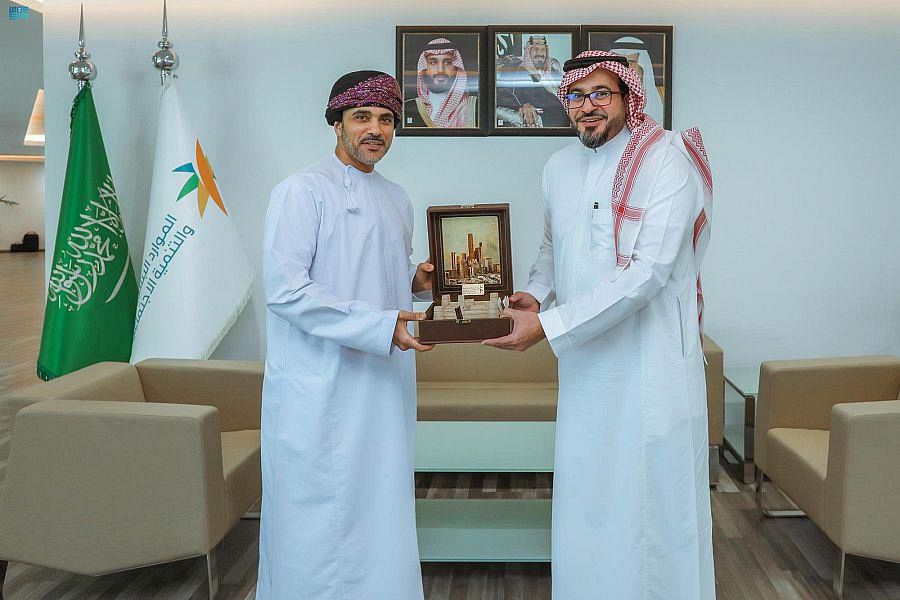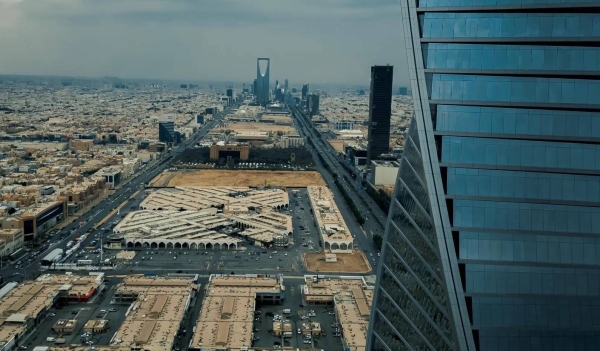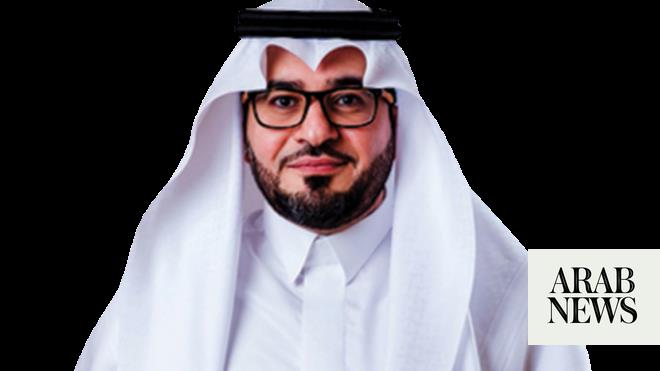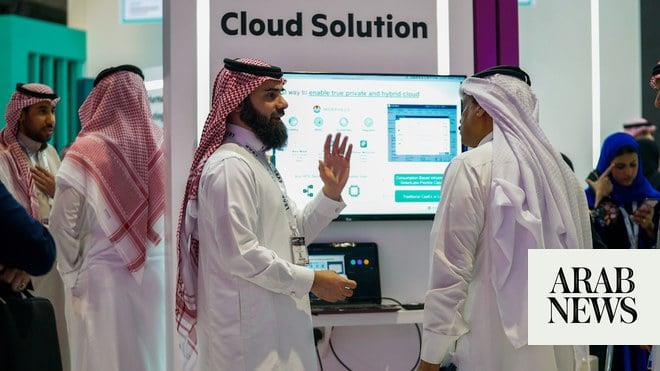
MAKKAH: Technology experts recently took part in a series of workshops aimed at progressing the digital transformation of the non-profit sector in the Makkah region.
The two-day gathering of specialists was held in the conference hall of the Fairmont Makkah Clock Royal Tower hotel.
Participants presented work papers, highlighted successful examples of the use of digital technology in the charity sector, and outlined possible solutions to data challenges.
A faculty member at Umm Al-Qura University, Dr. Khalid Ali Al-Marhabi’s paper was titled, “The Effect of Digital Transformation on Social Innovation.”
In the document, he said: “Digital transformation is to present the competitive advantage of the organization through innovation, and a process of applying digital technologies to renew the path of accomplishing businesses and invent and renew a new value.”
He noted that issues such as poverty, illiteracy, crime, divorce, and drugs were common to all societies.
Nahid Al-Harbi, a member of the Digital Government Capability Development Program, presented his paper titled, “Digital Transformation, Strategies, and Application.”
He pointed out that new technology could change the world in various fields including agriculture, accident prevention, and the delivery of water and medicine supplies, and said that fully digitized banks, automated restaurants and smart cars, cashless societies, and space travel were expected to be commonplace by 2040.
Dr. Ayman Al-Harbi revealed the results of a study involving more than 50 percent of Makkah societies that had focused on information technology management, apps, data security, and infrastructure.
Chief executive officer of Experts Vision Consulting, Dr. Basim Zafar, said that Saudi Arabia had received the Global System for Mobile Communications Association’s government leadership award, adding that the GSMA aimed to promote the adoption of best practices that supported the digital economy, stimulated investment and innovation, and contributed to achieving sustainable development goals.
He noted that the Kingdom ranked among the top 10 most developed countries in the world due to its capabilities and strength in digital infrastructure.
Zafar said the country’s legislative and regulatory frameworks were instrumental in organizing important areas such as digital identity and signature, and data exchange, operation, and protection.
Shaker Al-Rishi, a board member of Makkah charity Ikram Food Preservation Association, reviewed a program launched by the organization as part of a digital initiative to prevent food waste.
Using a special app, food could be tracked via Google Maps, and packaging methods, deliveries, the number of beneficiaries receiving notifications, and estimated costs for preservation, could also be monitored.












